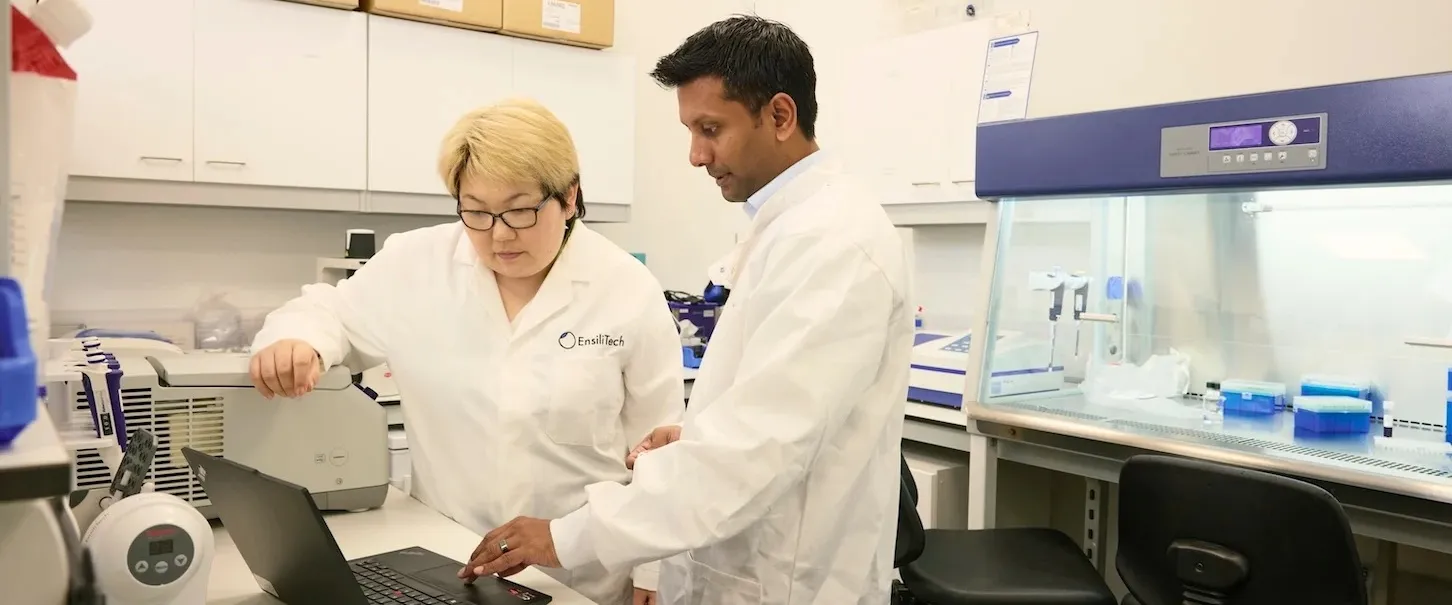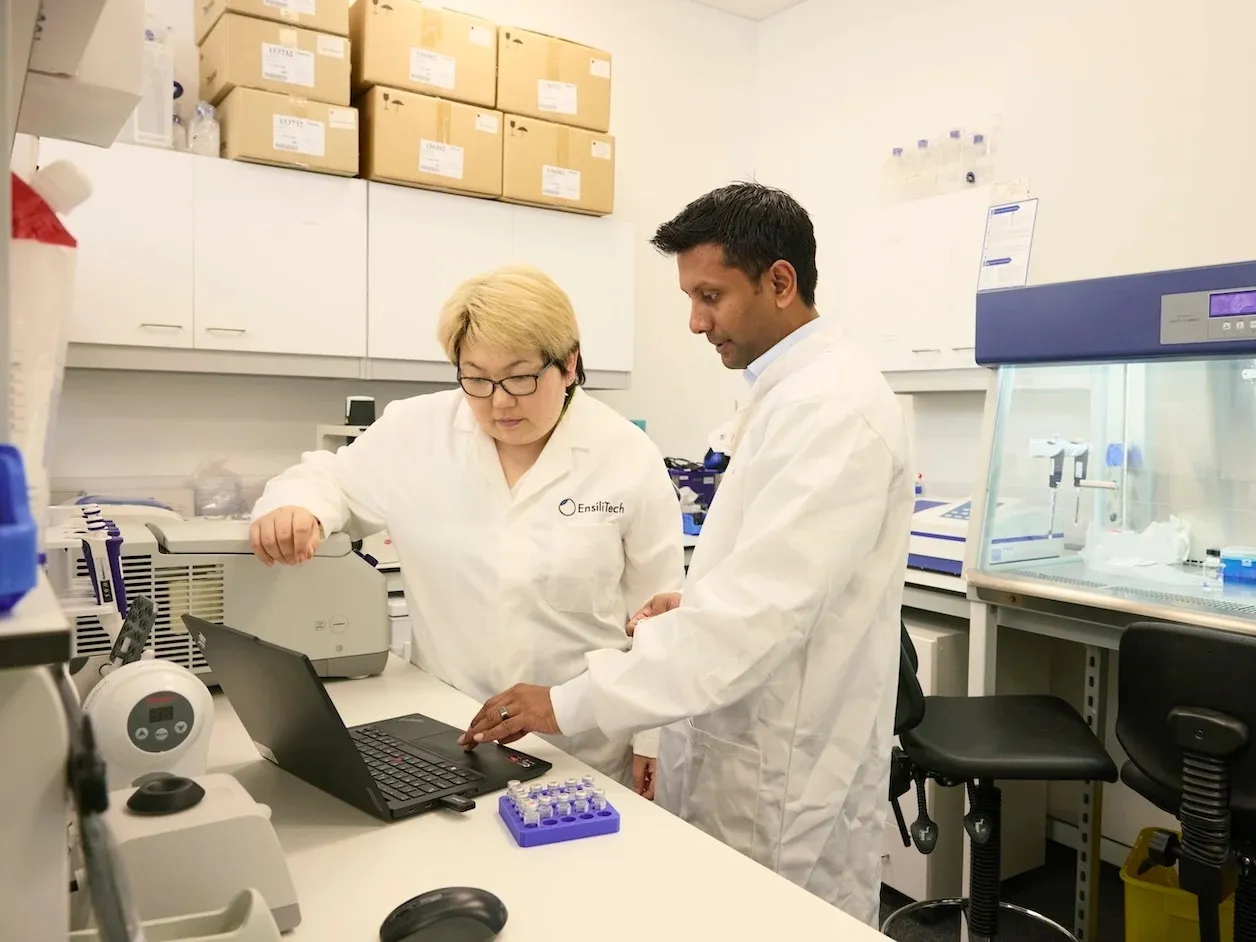

EnsiliTech, an award-winning biotechnology startup, has raised its second oversubscribed funding round, securing £4.5m in seed funding to improve the way life-saving medicines are stored and transported globally. The round was led by Eos Advisory and followed on by Calculus Capital with participation from Empirical Ventures, Fink Family Office, QantX, Angel Investors Bristol (AIB), HERmesa, Penn Park Capital, chANGELS, and other individual angel investors. The funding will accelerate proof-of-concept uptake for existing and novel biopharmaceuticals by increasing throughput with new hires and enhanced infrastructure capabilities. It will also support the generation of key validation data required to integrate Ensilication into pharmaceutical manufacturing workflows. The company is proud to have predominantly female leadership and R&D teams, reflecting EnsiliTech’s commitment to driving innovation through diversity, an inclusive culture and scientific leadership. This strong female-led team attracted investment from HERmesa, which only supports female-led businesses.
Today, biopharmaceuticals rely on a 50-year-old global ‘cold chain’ system. This is a costly and energy-intensive system for refrigeration and freezing during transit and storage. Cold chain failures are reported to cost the pharmaceutical industry an estimated £26bn annually. In developing economies, the World Health Organisation (WHO) reports that up to 50% of vaccines are wasted due to cold chain breakdowns, leaving millions without access to vital treatments.
EnsiliTech’s patented Ensilication technology preserves the integrity of vaccines, antibodies, and other biopharmaceuticals, eliminating the need for a cold chain, which allows medicines to be stored and transported at temperatures up to 50°C. This means that life-saving medicines can be transported anywhere across the globe, particularly to underserved regions where access to reliable refrigeration can be a major barrier to healthcare.
Using Ensilication, tiny layers of an inorganic material are applied to the biological material, rendering it stable outside the fridge or freezer. The technology utilises silica, the material from which sand is made, to create an individual, tailored protective coat around the active ingredient. These cages keep the biological material intact, meaning its properties won’t change regardless of variations in outside temperature or humidity. Silica is biocompatible, inert and cheap. When the vaccine or other biological material is ready to be administered, the silica cage cracks open and falls away, leaving the active ingredient in its pure, fully functional form.